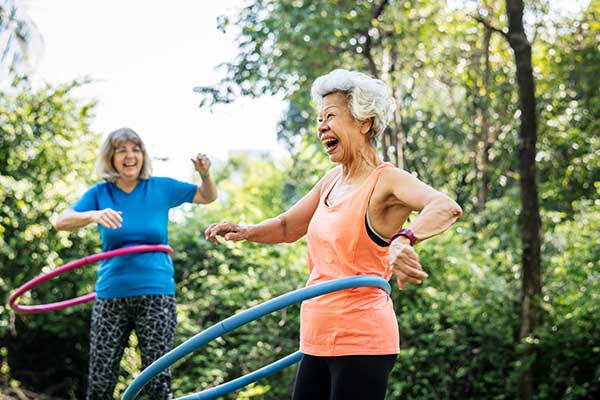About Seniors Helping Seniors®
Our in-home care services brighten the lives of seniors, who can benefit from a helping hand and a friendly smile. Our caregivers, who are seniors themselves, make your life easier through compassionate support, beautifully vibrant moments, and shared experiences.
As your personal caregivers, we relate to the opportunities and challenges of aging. Your days should be filled with ease and joy! That’s why our entire Southeast PA team is committed to empowering seniors, helping them continue to live independent lives from the comfort of home. As your specific needs change, you can count on Seniors Helping Seniors® Southeast PA to support you in ways you find most helpful.
We’re honored to have forged many friendships in this community through our day-to-day assistance and companionship. We can’t wait to connect with you!











